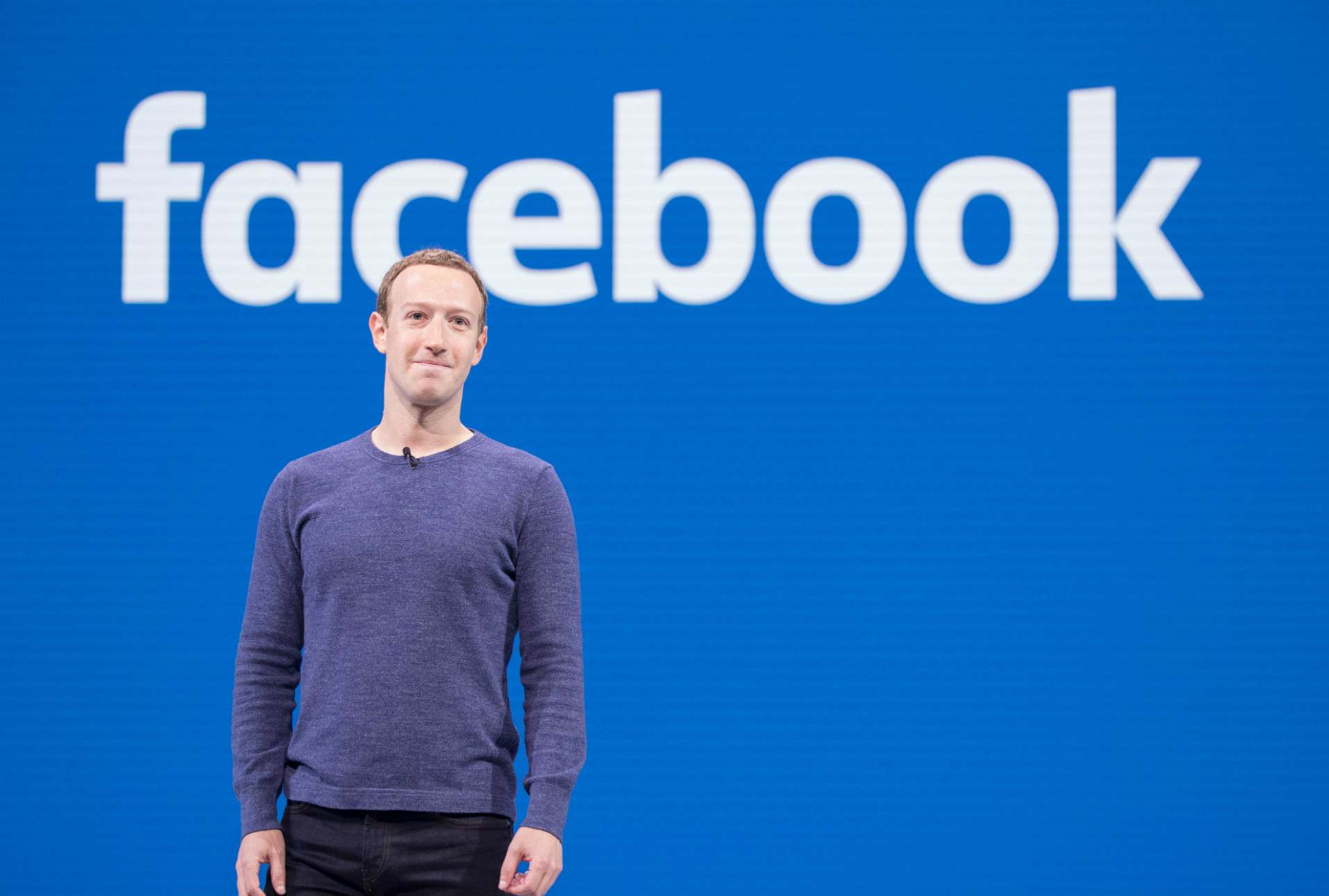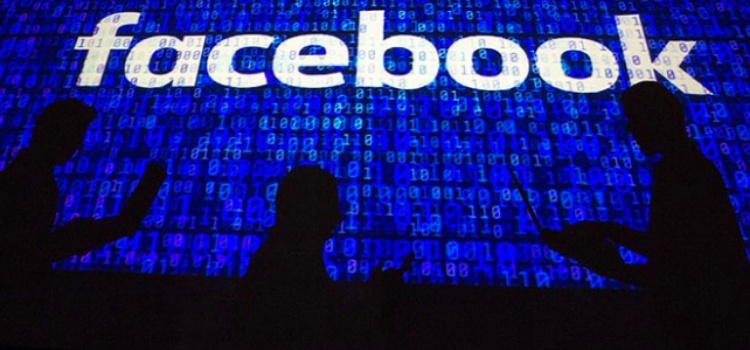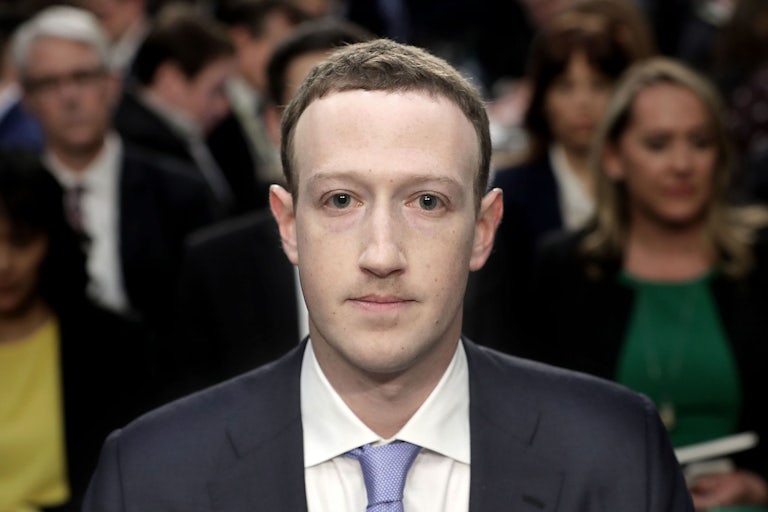Who is Mark Zuckerberg?
Mark Zuckerberg: The Life and Legacy of a Tech Titan
Mark Zuckerberg, the co-founder and CEO of Facebook, is a figure whose impact on the digital age is immeasurable. His life story, from a Harvard dorm room to the forefront of the tech industry, is a testament to innovation, ambition, and the power of social networking. This article will explore Zuckerberg's journey, from his early beginnings to his current status as one of the most influential figures in the world of technology.
Early Life and Education
Mark Elliot Zuckerberg was born on May 14, 1984, in White Plains, New York, to Edward Zuckerberg, a dentist, and Karen Zuckerberg, a psychiatrist. Raised in Dobbs Ferry, New York, Zuckerberg showed an early interest in computers and programming. He attended Ardsley High School, where he excelled in academics and was recognized for his proficiency in programming.
In 2002, Zuckerberg enrolled at Harvard University, where he studied psychology and computer science. It was during his time at Harvard that he would lay the groundwork for what would eventually become Facebook. In his sophomore year, Zuckerberg created a website called "Facemash," which allowed Harvard students to rate each other's attractiveness. The site quickly gained popularity but was shut down by the university after just a few days due to privacy concerns and objections from students.
Founding of Facebook
Undeterred by the failure of Facemash, Zuckerberg continued to work on his idea for a social networking platform. In February 2004, he launched "TheFacebook" from his dorm room, with the help of his roommates Andrew McCollum, Eduardo Saverin, Chris Hughes, and Dustin Moskovitz. The site was initially limited to Harvard students but quickly expanded to other Ivy League universities and eventually colleges and universities across the United States and Canada.
By the end of 2004, TheFacebook had over one million users. In 2005, the company dropped "The" from its name and became known simply as Facebook. That same year, Zuckerberg dropped out of Harvard to focus full-time on developing the platform and moved the company to Palo Alto, California.
Rise to Prominence
Facebook's user base continued to grow exponentially, and by 2007, it had become the dominant social networking platform worldwide. Zuckerberg's vision for the company extended beyond connecting friends and family; he saw Facebook as a platform for sharing and disseminating information, as well as a tool for social activism and political organizing.
In 2010, Zuckerberg was named Time magazine's Person of the Year, recognizing his impact on global society through the creation and expansion of Facebook. That same year, the film "The Social Network," directed by David Fincher and written by Aaron Sorkin, depicted the early years of Facebook and Zuckerberg's rise to prominence. While the film was met with critical acclaim, Zuckerberg himself criticized its accuracy, stating that it took significant liberties with the truth.
Challenges and Controversies
Despite Facebook's success, Zuckerberg has faced numerous challenges and controversies throughout his career. The company has come under fire for its handling of user data and privacy issues, as well as its role in spreading misinformation and facilitating election interference. In 2018, Facebook became embroiled in the Cambridge Analytica scandal, in which the political consulting firm improperly harvested the personal data of millions of Facebook users for targeted political advertising.
Zuckerberg has appeared before Congress multiple times to testify about Facebook's policies and practices, facing tough questions from lawmakers on both sides of the aisle. Critics have accused him of being too powerful and of wielding unchecked influence over global communication and information dissemination.
Philanthropy and Future Endeavors
In addition to his work at Facebook, Zuckerberg and his wife, Priscilla Chan, have pledged to donate the majority of their wealth to philanthropic causes through the Chan Zuckerberg Initiative. The initiative focuses on areas such as education, scientific research, and criminal justice reform, with the goal of advancing human potential and promoting equality.
Looking to the future, Zuckerberg has outlined ambitious plans for Facebook, including the development of new technologies such as virtual reality and artificial intelligence. He has expressed a desire to create a more connected and inclusive world, where people can share ideas and experiences freely across borders and cultures.:max_bytes(150000):strip_icc()/MarkZuckerberg_Final-dcd1c3a987b54c029307555386c19dcd.png)
Conclusion
Mark Zuckerberg's life story is a testament to the power of innovation and entrepreneurship. From humble beginnings in a Harvard dorm room to the helm of one of the most influential companies in the world, Zuckerberg has reshaped the way we connect and communicate in the digital age. Despite facing criticism and controversy, he remains committed to his vision of a more connected and empowered global community. As Facebook continues to evolve and expand its reach, the legacy of Mark Zuckerberg is sure to endure for generations to come.
The Entrepreneurial Ventures of Mark Zuckerberg: A Comprehensive Overview
Mark Zuckerberg, renowned as the co-founder and CEO of Facebook, has been a central figure in shaping the digital landscape of the 21st century. However, beyond his flagship project, Zuckerberg has engaged in various entrepreneurial endeavors, each contributing to his legacy as one of the most influential tech entrepreneurs of our time. This article aims to provide a comprehensive overview of Mark Zuckerberg's entrepreneurial ventures, highlighting his diverse interests, successes, and the impact of his initiatives.
1. Facebook: Revolutionizing Social Networking
Facebook stands as Mark Zuckerberg's most prominent and transformative venture. Founded in 2004 from his Harvard dormitory room, Facebook evolved from a college social networking platform to a global phenomenon with billions of users worldwide. Zuckerberg's vision for Facebook was to create a platform that connected people, allowing them to share information, communicate, and interact in unprecedented ways. The platform's success not only revolutionized social networking but also transformed the way we communicate, share information, and conduct business.
Chan Zuckerberg Initiative: Philanthropy and Social Impact
In 2015, Mark Zuckerberg and his wife, Dr. Priscilla Chan, launched the Chan Zuckerberg Initiative (CZI), a philanthropic organization aimed at addressing some of the world's most pressing challenges. With a focus on education, health, scientific research, and criminal justice reform, CZI seeks to leverage technology, community engagement, and collaboration to create systemic change and promote equity and opportunity for all. Through CZI, Zuckerberg and Chan have pledged to donate the majority of their wealth to fund initiatives that aim to tackle complex societal issues and drive long-term positive impact.
3. Internet.org (Now Free Basics): Bridging the Digital Divide
In 2013, Zuckerberg spearheaded the launch of Internet.org, an initiative aimed at expanding internet access to underserved communities around the world. Recognizing the transformative power of connectivity, Zuckerberg envisioned a world where everyone, regardless of their location or socioeconomic status, could access the internet and its myriad benefits. Internet.org partnered with mobile operators, governments, and other stakeholders to provide free or affordable access to basic internet services, including educational resources, healthcare information, and communication tools. The initiative later rebranded as Free Basics and continues to work towards bridging the digital divide and promoting digital inclusion globally.
4. Oculus VR: Pushing the Boundaries of Virtual Reality
In 2014, Facebook made headlines with its acquisition of Oculus VR, a leading virtual reality (VR) technology company. Mark Zuckerberg saw virtual reality as the next frontier in computing and communication and believed that it had the potential to revolutionize industries ranging from gaming and entertainment to education and healthcare. Through Oculus VR, Zuckerberg aimed to make VR technology more accessible and immersive, enabling people to experience and interact with digital content in entirely new ways. Facebook's investment in VR underscores Zuckerberg's commitment to pushing the boundaries of technology and shaping the future of human-computer interaction.
5. Fwd.us: Advocating for Immigration Reform and Education
Fwd.us is an advocacy group co-founded by Mark Zuckerberg and other tech industry leaders with the goal of promoting comprehensive immigration reform and education reform in the United States. Recognizing the importance of immigration to innovation and economic growth, Fwd.us advocates for policies that support high-skilled immigration, including reforms to the H-1B visa program and the establishment of a pathway to citizenship for undocumented immigrants brought to the country as children. Additionally, Fwd.us works to improve educational opportunities and outcomes for all students, with a focus on STEM education and workforce development.
Conclusion
Mark Zuckerberg's entrepreneurial ventures reflect his diverse interests, passions, and commitments to driving positive change in the world. From revolutionizing social networking with Facebook to leveraging technology for philanthropy and social impact through the Chan Zuckerberg Initiative, Zuckerberg's initiatives have left an indelible mark on society. As he continues to explore new frontiers in technology, education, and social innovation, Mark Zuckerberg remains a visionary leader whose entrepreneurial spirit and dedication to making a difference continue to inspire others around the globe.
The Legal Challenges and Trials of Mark Zuckerberg: A Comprehensive Analysis
Mark Zuckerberg, the co-founder and CEO of Facebook, has faced numerous legal challenges and trials throughout his career, reflecting the complex and often contentious nature of the tech industry. From allegations of privacy violations to accusations of anticompetitive behavior, Zuckerberg's journey through the legal system has been marked by high-profile lawsuits, regulatory scrutiny, and public scrutiny. This article aims to provide a comprehensive analysis of Mark Zuckerberg's legal battles, highlighting key cases, their implications, and their impact on Facebook and the broader technology landscape.
1. Privacy Violations and Data Breaches
One of the most significant legal challenges facing Mark Zuckerberg and Facebook has been allegations of privacy violations and data breaches. Over the years, Facebook has been embroiled in numerous scandals related to the mishandling of user data, including the Cambridge Analytica scandal in 2018. In this case, it was revealed that the political consulting firm Cambridge Analytica had improperly harvested the personal data of millions of Facebook users without their consent for targeted political advertising. The scandal led to widespread outrage, regulatory investigations, and fines against Facebook for violating data privacy laws.
2. Antitrust Investigations and Monopoly Concerns
In recent years, Facebook has faced increasing scrutiny from lawmakers and regulators over concerns about its market dominance and anticompetitive practices. Mark Zuckerberg has been called to testify before Congress multiple times to address allegations of antitrust violations, including accusations of suppressing competition, acquiring potential rivals, and engaging in anti-competitive behavior to maintain Facebook's dominance in the social media market. The Federal Trade Commission (FTC) and various state attorneys general have launched investigations into Facebook's business practices, raising questions about the company's compliance with antitrust laws and its impact on competition and innovation in the tech industry.
3. Content Moderation and Free Speech
Another legal challenge facing Mark Zuckerberg and Facebook is the issue of content moderation and free speech on the platform. Facebook has come under fire for its handling of hate speech, misinformation, and other harmful content, with critics accusing the company of failing to adequately police its platform and protect users from harmful or misleading information. Zuckerberg has defended Facebook's approach to content moderation, arguing that the platform should prioritize free expression while also taking steps to address harmful content and ensure the safety and well-being of its users. However, Facebook's content moderation policies have faced criticism from lawmakers, activists, and civil rights groups, who argue that the company must do more to combat hate speech, misinformation, and other forms of harmful content.
4. Regulatory Compliance and Government Oversight
As a global technology company, Facebook is subject to a complex web of regulations and government oversight in countries around the world. Mark Zuckerberg and Facebook have faced legal challenges related to regulatory compliance, including allegations of violating consumer protection laws, tax laws, and election laws. In some cases, Facebook has been fined or sanctioned by regulatory authorities for failing to comply with legal requirements or for engaging in deceptive or unfair business practices. Zuckerberg has pledged to work with regulators and lawmakers to address concerns about Facebook's business practices and to ensure that the company operates in accordance with applicable laws and regulations.
Conclusion
Mark Zuckerberg's legal battles reflect the challenges and complexities of operating a global technology company in the 21st century. From privacy violations and antitrust investigations to content moderation and regulatory compliance, Zuckerberg and Facebook have faced a wide range of legal challenges that have shaped the company's policies, practices, and public image. As Facebook continues to navigate the legal landscape and respond to regulatory scrutiny, the outcome of these legal battles will have far-reaching implications for the future of the company and the broader technology industry.












![[ℕ𝕖𝕧𝕖𝕣] 𝕊𝕖𝕝𝕝 𝕐𝕠𝕦𝕣 𝔹𝕚𝕥𝕔𝕠𝕚𝕟 - And Now What.... Pray To The God Of Hopium?](https://cdn.bulbapp.io/frontend/images/79e7827b-c644-4853-b048-a9601a8a8da7/1)























![[LIVE] Engage2Earn: Shayne Neumann MP Blair boost](https://cdn.bulbapp.io/frontend/images/d0ae7174-2ceb-4eed-9844-e1c262a4013e/1)














